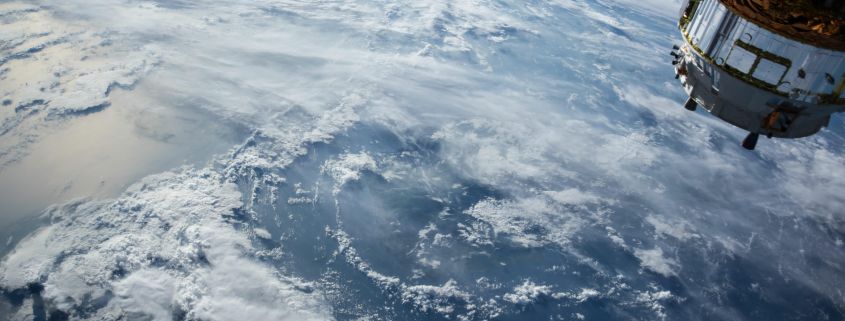WeObserve launches its first Communities of Practice
Are you interested in citizen science and citizens’ observatories? Join a WeObserve Community of Practice!
The WeObserve project will launch its first three Communities of Practice at the Citizen Science Workshop Day of the 2nd International ECSA Conference at the University of Geneva on 6th June 2018.
Read more and register for the CoP launch workshop here: https://www.weobserve.eu/launch-weobserve-communities-practice/











 This project has received funding from the European Union’s Horizon 2020 research and innovation programme under grant agreement No. 688930.
This project has received funding from the European Union’s Horizon 2020 research and innovation programme under grant agreement No. 688930.